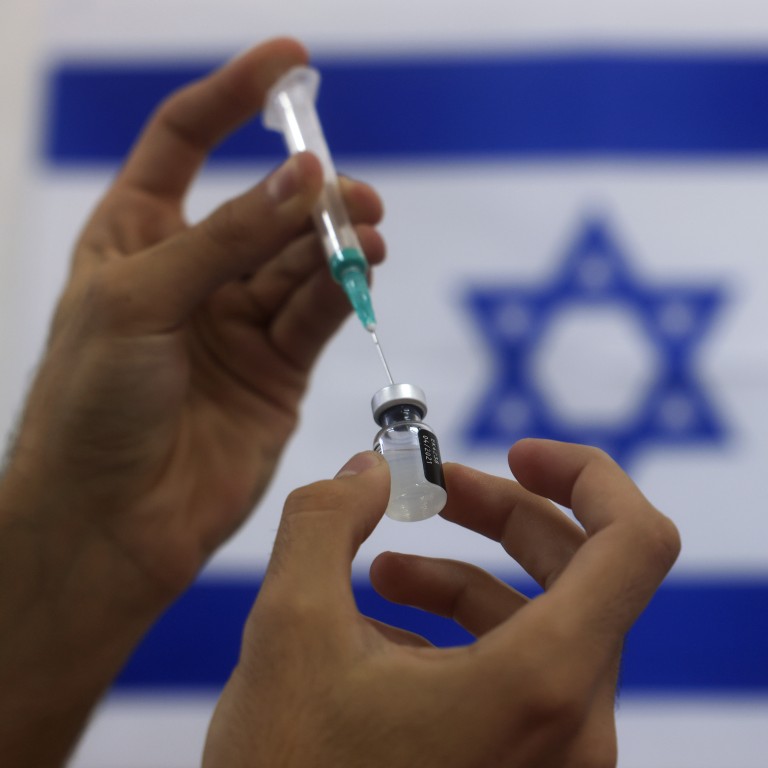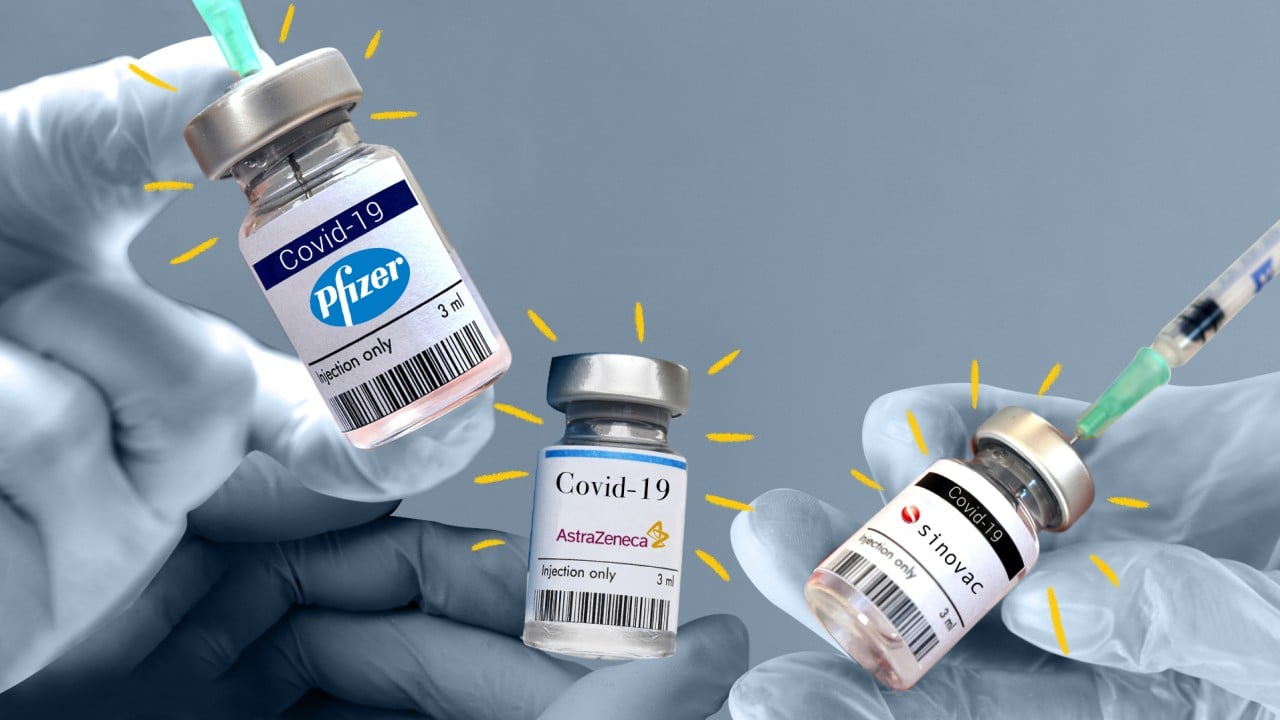
Why Israel’s Covid-19 vaccination programme provides first link in vital data chain
- With governments around the world gearing up to vaccinate their populations, evidence of real-world effectiveness will be closely watched
- The evidence from Israel is promising, but it remains to be seen how well the current vaccines can cope with new variants
As the world scrambles for Covid-19 vaccines, scientists are closely watching the impact they have in the real world.
The efficacy and safety data from clinical trials provided important information to regulators deciding whether to approve their use, but scientists are now focused on their impact on caseloads in the population at large.
So far the information is limited because most countries are still struggling to acquire enough vaccines for their populations.
Israel, which has vaccinated a higher percentage of its people than any other country, has provided the most comprehensive set of data so far.
Israel’s largest health care provider Clalit said a study of 600,000 people who received two doses of the Pfizer/BioNTech vaccine found that there had been a 94 per cent drop in symptomatic Covid-19 infections and 92 per cent fewer cases of severe illness among those given the jabs.
Israel bans international flights to curb coronavirus spread
While real-world figures for other vaccines are not available yet, trial results suggest they all seem to be doing well in reducing severe cases.
But it is still too early to tell whether the vaccines can bring the pandemic under control.
New variants of the virus have emerged in recent months and it remains to be seen how effective they will prove against fresh strains.

09:50
SCMP Explains: What's the difference between the major Covid-19 vaccines?
Vaccine hesitancy is another factor, and reports the people have died after receiving injections may have made some people more reluctant to receive the jabs even though scientists and regulators have said the two events were not linked.
Ultimately this boils down to a question of public trust. Patience and transparency will be needed to convince the public, and the authorities should not dismiss public concern by simply blaming the anti-vaxxers.
Israel’s ‘green passports’ plan could lead way in reviving world tourism
After a year of frantic research, we are in the phase of making enough vaccines and rolling them out.
But collecting the data needed to gauge their effectiveness in the real world should be handled with care. While Israel’s data is valuable, it also raises concerns about privacy as the government is sharing data with Pfizer and research institutes.
These are all bumps to overcome before we can tell if the vaccines can truly beat the coronavirus.

